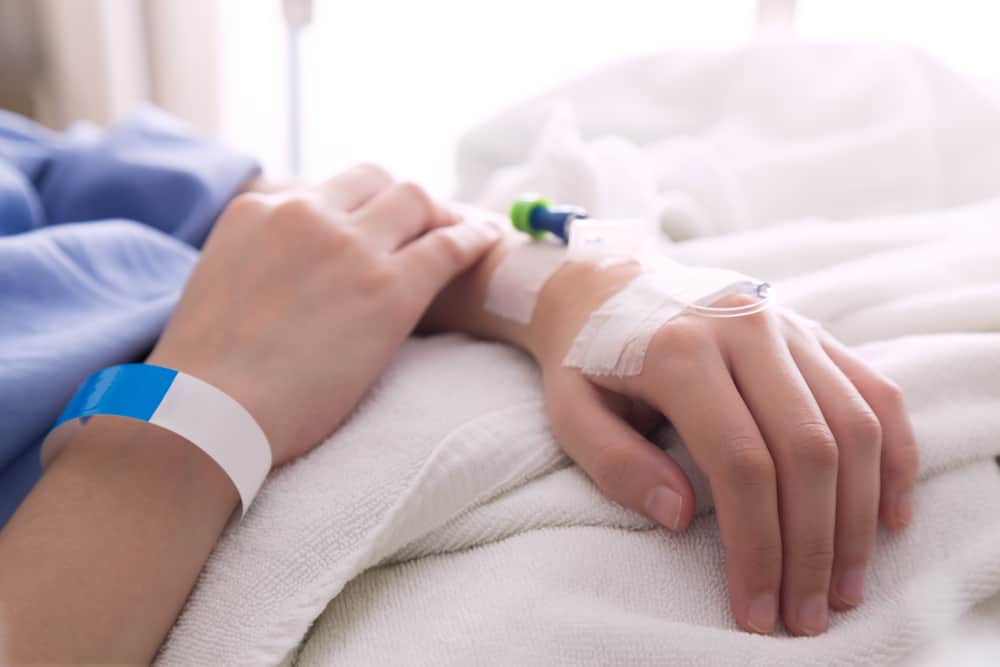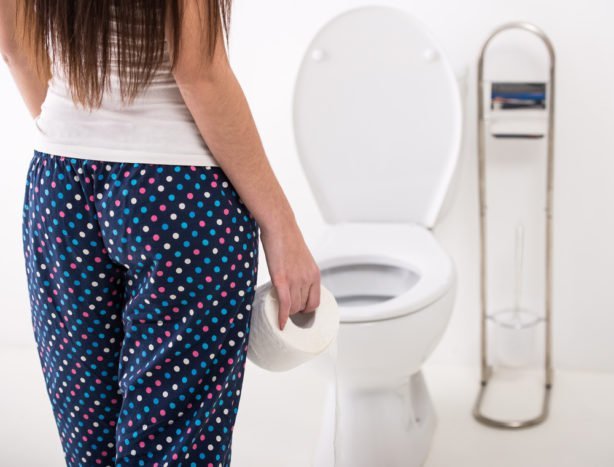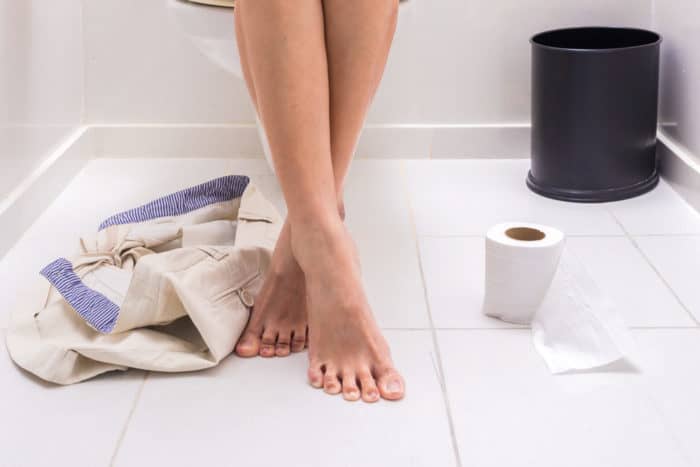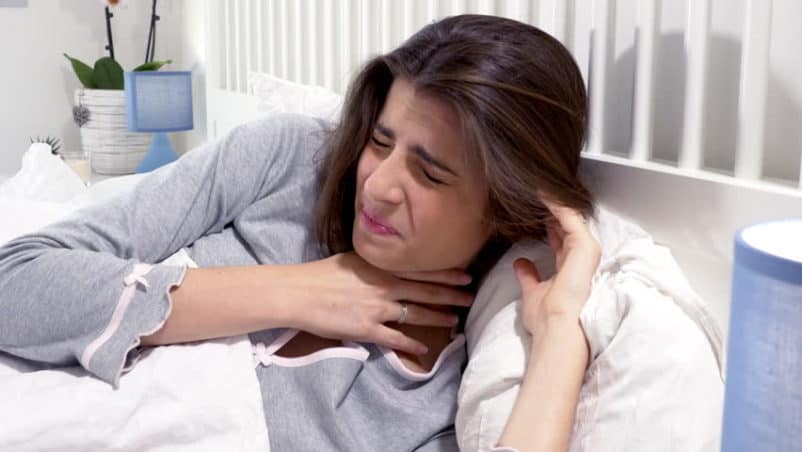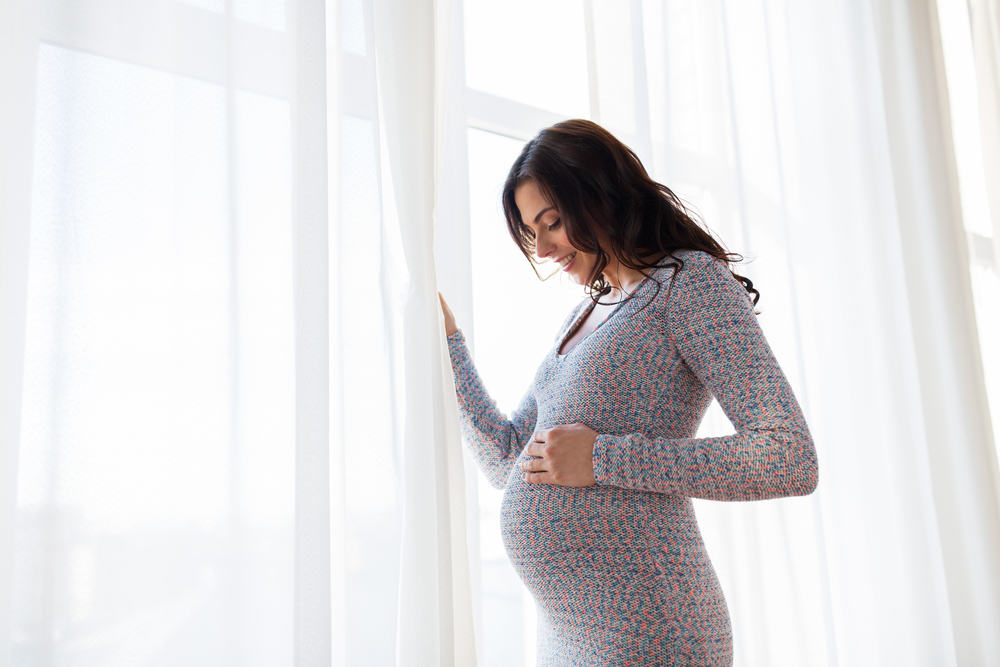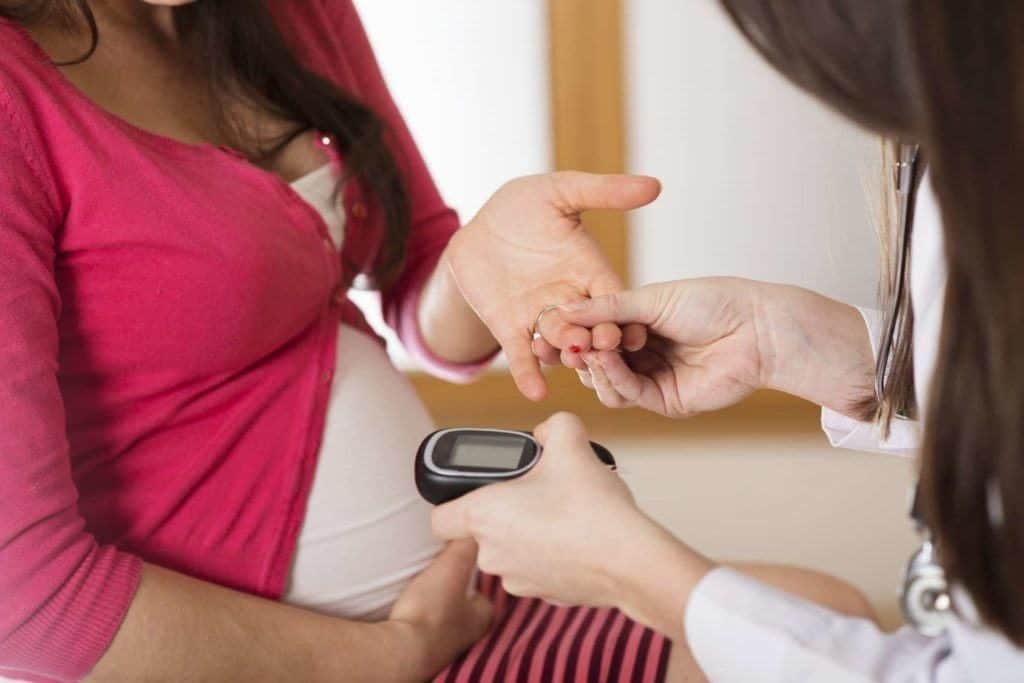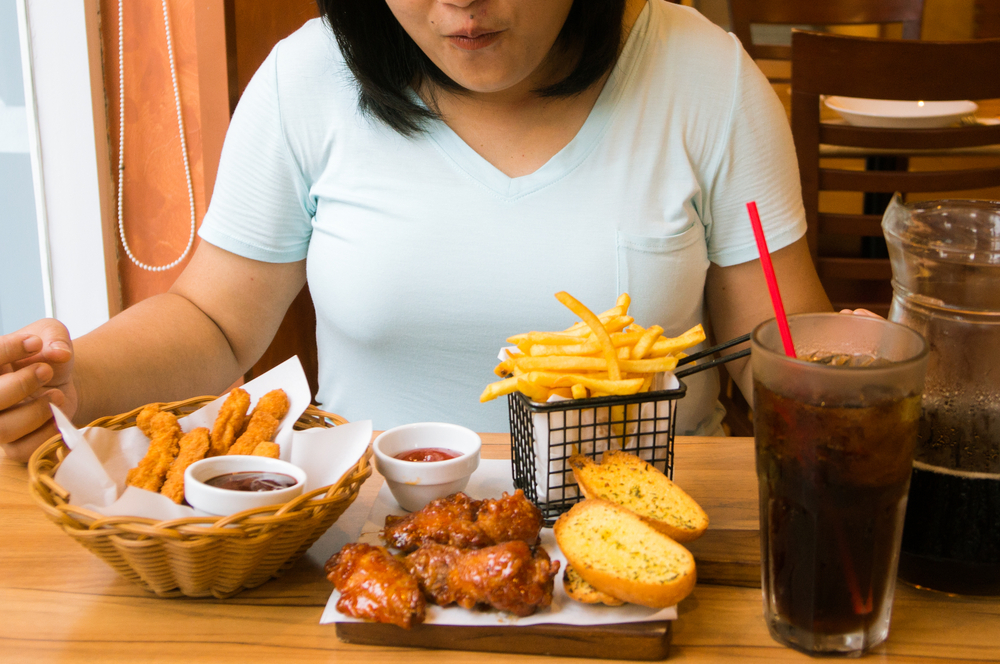Contents:
- Medical Video: Lobectomy of Lung -- Common Complaints After Lobectomy?
- Side effects that often occur after surgery
- 1. Difficulty urinating
- 2. How to treat a surgical cut?
- 3. Constipation after surgery
- 4. Sore throat
- 5. Is it normal not to feel depressed after surgery?
- 6. Fever after surgery
- 7. Nausea and vomiting
Medical Video: Lobectomy of Lung -- Common Complaints After Lobectomy?
Most people who want to undergo surgery only focus on the success of the operating procedure. Perhaps many have not realized that recovery after surgery is also a part that must be well prepared. The risk of complications and some of the side effects of the surgery you are carrying out will make the body uncomfortable. Come on, find out various side effects after surgery and their causes.
Side effects that often occur after surgery
1. Difficulty urinating
After surgery, many patients complain of having difficulty urinating. This is characterized by pain when urinating or urine that comes out a little.
This might be due to the effects of anesthesia, the use of catheters for urination, and even a combination of both.
Also note that urinary tract infection (UTI) is more common after you have placed the catheter during the operation. It is this urinary tract infection that sometimes arises when you want to urinate.
Tell your doctor or nurse if you experience this to be given further treatment.
2. How to treat a surgical cut?

Actually it's not too difficult to treat wounds surgery incision. All you need to do is always wash your hands before handling them. In addition, to prevent infection because wet wounds are not dry, please use a waterproof bandage that can be used for bathing.
You should also pay attention to the condition of the incision. Surgical incision wounds whose color becomes red, wet, pus or fluid out, swollen, and causing fever can be a symptom of infection that should be consulted with a doctor as soon as possible.
3. Constipation after surgery
If you feel symptoms of constipation after surgery, this is fairly normal. The reason is, a day before surgery the doctor will advise you to eat fast. The possibility of a combined cause of the effects of pain medication, anesthesia, stress or anxiety before surgery and dehydration that you experience can cause difficult bowel movements.
To prevent and treat constipation, after surgery the doctor will recommend that you drink fluids and eat fiber-rich foods such as fruit and vegetables to facilitate defecation.
4. Sore throat
Apart from constipation and pain when urinating, usually after surgery some patients experience sore throats. Although surgery is done on the chest, abdomen or hips, the effects of pain in the throat can occur.
The first possible cause is that your body is dehydrated because before, during, and after surgery you have to fast drinking. After the doctor says that your body condition is allowed to consume fluids, please drink enough mineral water to relieve a sore throat.
Second, as long as your body receives anesthesia, the breathing tube is inserted into the mouth and down your throat, this is called intubation. This hose is then attached to the ventilator to provide oxygen to breathe during and after surgery. The entry of the breathing hose can cause irritation of the throat, tongue and vocal cords. Drinking enough water and not talking too much can speed up the recovery process after this operation.
5. Is it normal not to feel depressed after surgery?
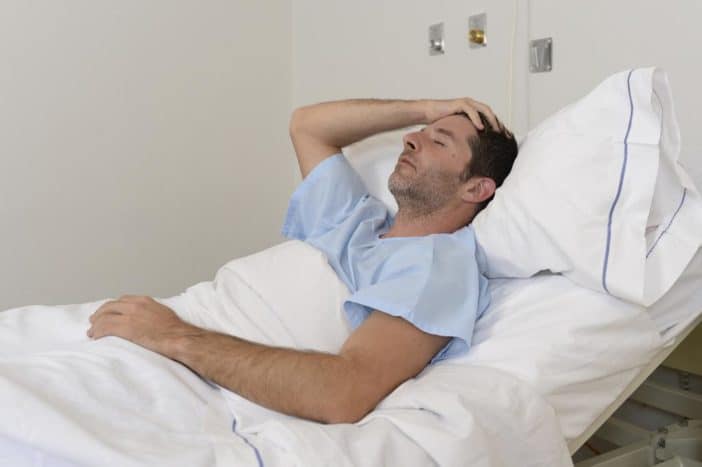
Depression is a side effect that rarely occurs after surgery. If you feel depressed, the possibility of this depression already exists before you are operated on. It is also possible that existing depression worsens due to postoperative pain.
Recognizing the symptoms of depression is very important. Observe if you or other people feel sad constantly, thinking of suicide, decreased appetite, or lack of sleep. Consult a doctor and psychiatrist for further treatment.
6. Fever after surgery
You may often wonder if fever after surgery is normal? The answer can be normal and there can also be other underlying problems.
In general, a fever that is less than 37 degrees Celsius is normal. This can be caused by a treatment response such as ibuprofen or acetaminophen (paracetamol). Meanwhile if the fever is more than 37 degrees Celsius, there could be other problems after surgery, such as infection.
7. Nausea and vomiting
Many people experience severe nausea until they vomit after surgery. This is still fairly reasonable due to the reaction of anesthesia during surgery or the body's reaction to the drugs given. However, complaints of nausea and vomiting can be dangerous if not handled immediately.
You are at risk of dehydration or an incision wound is torn due to vomiting. Nausea also makes you not appetite and drink, even though fulfilling nutrition after surgery is important. Talk to your nurse and doctor if you feel nausea and vomiting after surgery.

